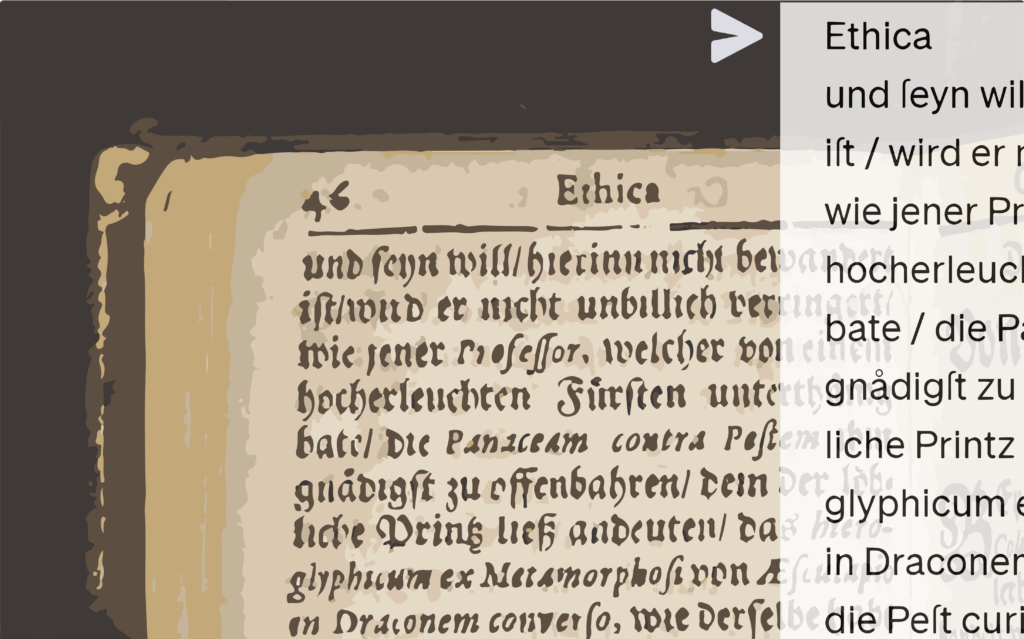A few days ago I had the pleasure to take part in my first Software Carpentry hands-on workshop at the Realfagsbibliotek at the University of Oslo on June 2–3, 2015. It was a last-minute decision – a colleague from computer science suggested the event to me since I wanted to learn some Python (and SWC’s workshop was offering that, among other things…).
Basically, the course was meant to provide an introduction to and hands-on work with Unix Shell (i.e. using the command line and thus interacting with your computer without using a graphical interface), GitHub for version control and Python, incl. using iPython notebook and TextWrangler.
I’ve participated in my fare share of technology and programming workshops over the past years and I have to say: I was awestruck! I was the only humanities person there (well: the only one who ‘outed’ themself), without much prior knowledge (of either Unix Shell, GitHub or Python). And I didn’t really know what to expect – but it was fantastic. The instructors were wonderful, the ‘mode of teaching’ (especially using the sticky-notes for trouble shooting and keeping track with where people are where they got stuck) was working refreshingly well with quite a heterogenous group of learners, and the overall atmosphere was friendly, helpful, encouraging and explorative.
As I learned, SWC has an instructor training (they’re always looking for people who want to become teachers) and pays special attention to the pedagogy of teaching ‘scary computer stuff’ and programming skills to researchers with all kinds of disciplinary backgrounds. – Apart from learning some / getting comfortable teaching myself Python (which was my personal goal), I also took the workshop to observe and evaluate it from a digital humanities point of interest. I asked myself: Would the SWC-format be of use in a DH-context. At the University of Oslo? Who would be the intended audience from SWC’s point of view and who would think they could use this workshop from the Faculty of Humanities? Would their needs and wants be met? (And what would those be?) Would an SWC ‘standard’ courses meet the needs or be too far from what a humanities researcher’s day-to-day work looks like?
After the workshop I talked to one of the teachers, Lex Nederbragt, about SWC, its outreach, the humanities, and UiO. He was, too, much interested in the matter and suggested to investigate a little further. I’m not going to provide results of an extensive search on the web, however, I will link to some posts I found that specifically made a connection between SWC and Digital Humanities.
What I found out was:
- Most of the workshops (it were only a few in number) that were targeted at DH folk had been held in the US (as far as I could see), often within some bigger workshop event or a THATcamp or HASTAC thing. Those schooling events are quite common and well received in DH and thus a good entering point.
- The overall experience of the learners was positive with few suggestions on how to tailor the SWC workshop program to meet the specific needs of DHers even better. However, as a first step, those needs have to be pointed out (from the DHers)!
- SWC itself went out to gather suggestions for workshops specifically targeted at DHers and wanted to know what to expect from humanities folk who want (or should) take one of their workshops.
- What they learned was: you have to first know the DHers tech-background, familiarity with the command line and their computers files system, with using a database and programming etc., starting then perhaps with a very basic workshop that teaches “getting used to using your computer”, as, for example, suggested by Fiona Tweedie when asked by SWC.
- However, this by no means is to suggest that humanities researchers are less computer savvy than natural and social sciences people (they’re also often not that experienced and fluent in tech and informatics), but that their exposure to technology is discipline-specific and data-specific and thus often quite different from “the sciences” who make up the usual participants of an SWC workshop. (Meaning: where they will ‘get lost’ during a workshop setting might be unexpected by the instructors as well as some of the questions and issues might be surprising.)
- It was suggested that it might be useful for SWC to have amongst their teaching staff either humanists or digital humanities people who know the needs, wants, and requirements of (digital) humanities researchers, their ‘data’ and research methods as well as their habitual attitudes towards technology, computer science, and programming.
I particularly liked what I found on Audrey Watters Tumblr about SWC and teaching programming and basic computer skills to non-tech and non-natural sciences people:
“I focus more on some of these questions surrounding how do we create learning environments for non-programmers to learn programming […] by helping train scholars in new tools (and, as such, in new methodologies); learning to work with technologists; coming to terms with the ways in which storage, processing, interactivity, data, and so on might enhance teaching, research, and their dissemination”
Perhaps, SWC’s local UiO instructors and the Digital Humanities Network in Oslo could stick their heads together and see if they could come up with some suggestions for a basic, introductory hands-on workshop especially tailored to (digital) humanities researchers!? I would very much appreciate this and consider taking the instructor training with SWC for some of the technologies commonly used in a DH context: XML and the other X’s (XSLT, XPath, XQuery, eXist database), HTML, Python, and (My)SQL.


